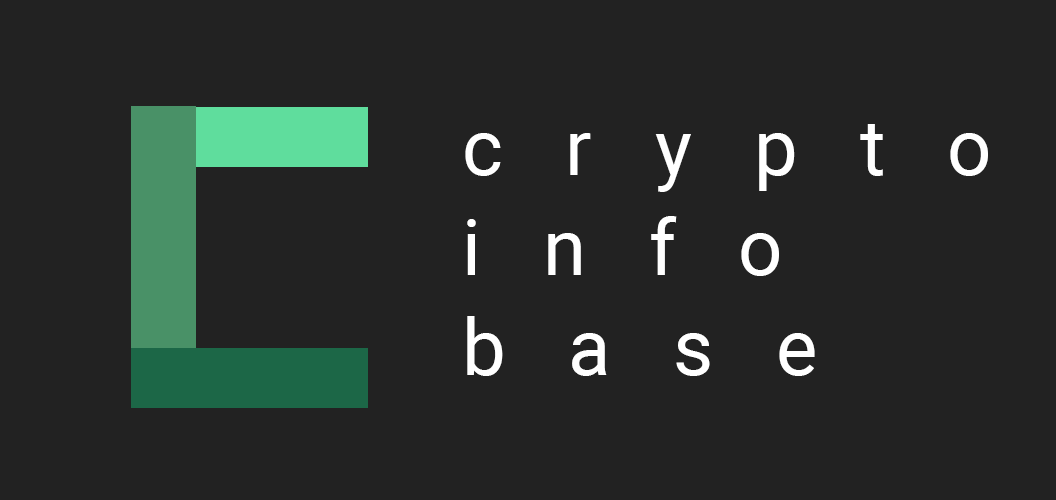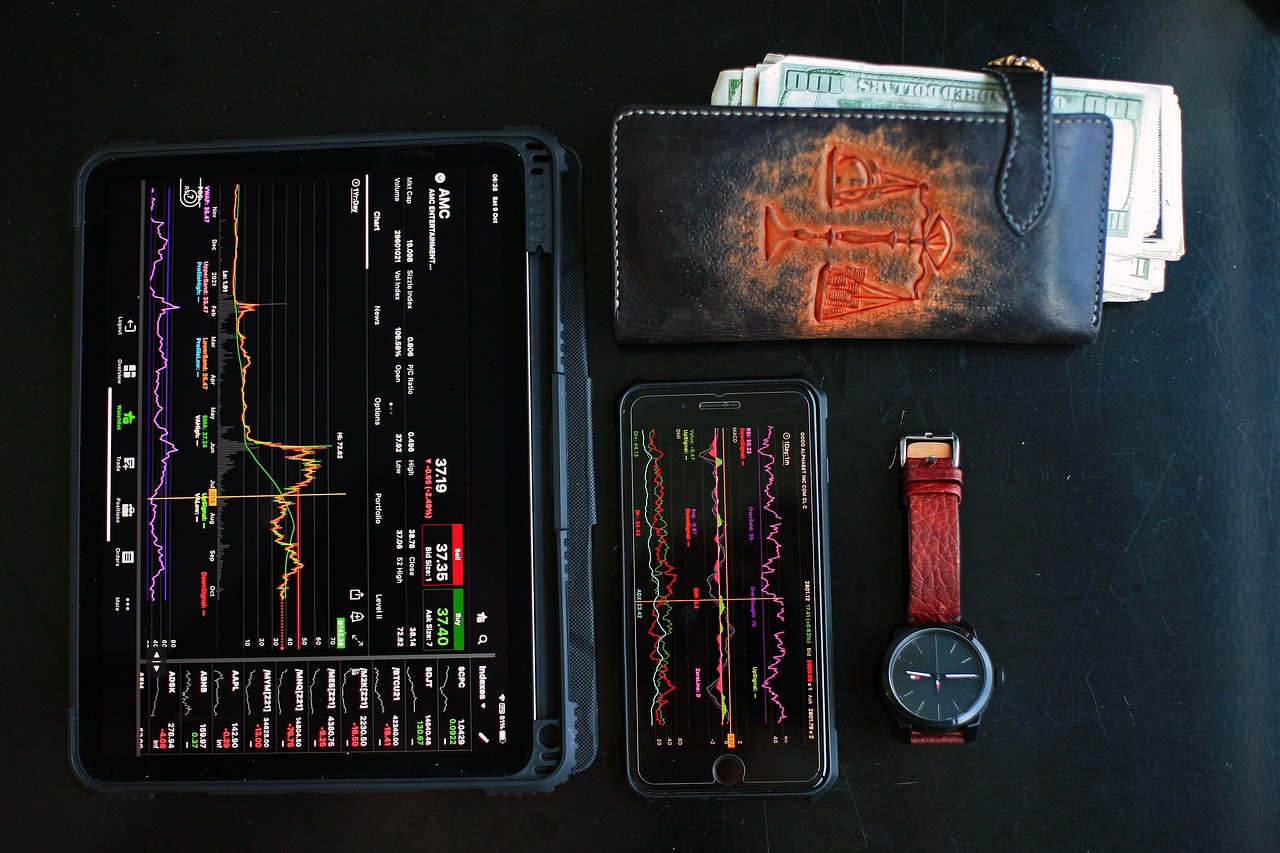Cryptocurrency wallets are crucial for storing, managing, and securely accessing your digital assets. Cryptocurrency wallets store private keys required to access and manage your cryptocurrencies on the blockchain, unlike conventional wallets that keep actual cash and cards. Protecting your valuable assets in the quickly changing and constantly evolving world of cryptocurrency requires understanding the various wallet types and their security features.
The ‘sending’ of crypto tokens from one person’s mobile phone to another is not a cryptocurrency transaction; remembering is crucial. A user’s private key signs the transaction and publishes it to the blockchain network while sending tokens. The revised balance is then reflected in the transaction’s sender and recipient addresses by the network.
Contents
Different Styles of Bitcoin Wallets:
- Hardware Wallets: Hardware wallets are tangible objects made just for offline storage of your private keys. By isolating keys from internet-connected devices, they give an extra layer of security and lower the danger of malware and hacker assaults. Ledger and Trezor are two well-known hardware wallet brands. Users can link the gadget to a computer or mobile device to access their resources when necessary.
- Software Wallets (Mobile/Desktop): Apps that may be installed on desktop computers or mobile devices are what software wallets look like. They provide accessibility and convenience, but they may be more vulnerable to security breaches if the device is compromised. Exodus, a desktop software wallet, and Trust Wallet, a mobile software wallet, are two examples.
- Online wallets: Web wallets are accessible through web browsers and run on web platforms. They give you easy access to your money from wherever, but they may pose more security threats because they keep your private keys on distant servers. Select renowned web wallet providers and activate two-factor authentication for increased security.
- Paper wallets: Paper wallets are tangible pieces of paper with private keys or printed QR codes that let you keep your cryptocurrency offline. Although they resist hacking, they could suffer physical harm or even be lost if they are not stored properly.
Best Practices and Safety Precautions:
We will now look into the best practices for securing your wallet. This is important because if you are doing any transactions, for instance, deposits or withdrawals in a new casino, you must learn these practices:
- Selecting the Best Wallet:
Making the best wallet selection for your digital assets might significantly impact your security. The safer the security system you choose for your home, the better. Hardware, software, mobile, and desktop wallets have advantages and disadvantages. Are you able to make a wise decision?
- Dependable passwords:
Always use upper- and lower-case letters, digits, and special characters to create solid and one-of-a-kind passwords for your wallets.
- Using two factors to authenticate (2FA):
When possible, enable 2FA to offer additional security. You need to use a second verification mechanism to access your wallet, like a one-time code texted to your phone.
- Keep your wallet safe:
To guard against data loss or hardware failure, regularly backup your wallet’s private keys or seed phrases to an offline device or physical paper.
- Update your software regularly:
Ensure your operating system and wallet software are current to take advantage of the most recent security updates and improvements.
- Watch out for phishing:
Avoid falling victim to phishing scams where unscrupulous actors seek to deceive you into disclosing your private keys or passwords. Before entering important information, always ensure that links and websites are legitimate.
- Be Wary of Public WiFi:
Accessing your cryptocurrency wallet over a public WiFi network exposes it to prospective hackers. It is comparable to leaving your front door unlocked. Do you exercise caution when using public networks to access your wallet?
Risk reduction and diversification
Consider spreading your Bitcoin holdings among various wallets to increase the security of your money. For the highest level of protection when handling sizable sums of bitcoins, go for hardware wallets or offline alternatives. In addition, store the majority of your assets in cold storage for long-term protection and designate only a small amount of your holdings to hot wallets (online wallets) for everyday transactions.
Conclusion
Anyone navigating the world of digital assets needs a cryptocurrency wallet. You may confidently hold and manage cryptocurrencies while safeguarding your money by being aware of the various wallet types and implementing robust security measures. To secure the long-term protection of your priceless cryptocurrencies, keep up with industry advancements and the most recent security best practices.




